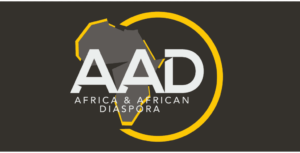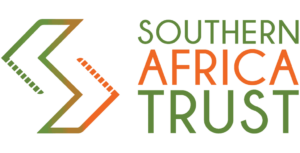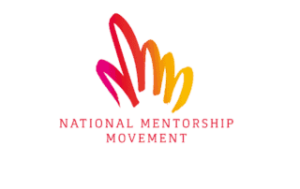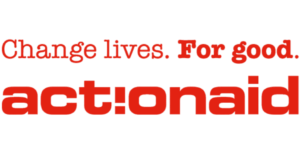Hashtag Activism
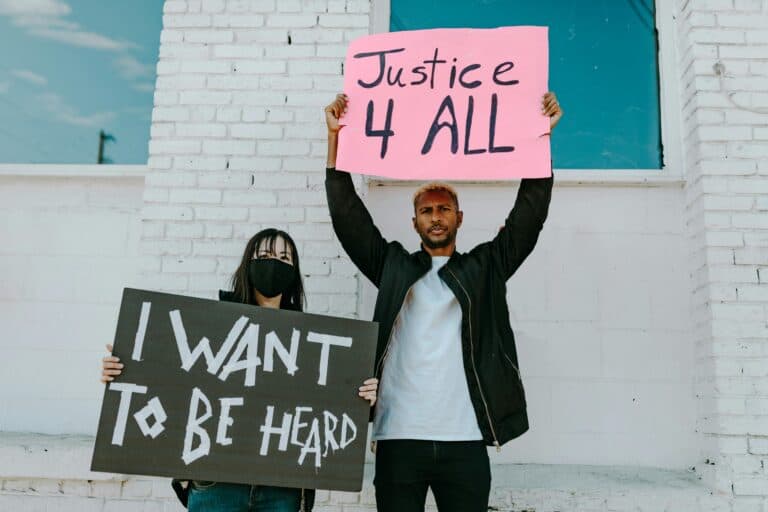
Hashtag activism and the need to move from trending to changing
By Thembekile Maseko
The era age of digitisation has changed the way that we live and connect to each other. It has improved production efficiency, made it easier for economies to transact, and more notably, birthed channels for more diverse and robust social engagement. Social media, in particular, has become the default ‘go-to’ platform for all news and community commentary – and its usage and activity have increased quite substantially over the years.
The access to a wider network of communities as well as direct channels to influential personalities provides a platform on which various issues are able to gain more visibility. Hashtag Activism has emerged as a tool with which to raise awareness, organise communities and increase civic engagement and is powerful in its ability to reach the masses through search and algorithm capabilities. People now have a powerful platform to advocate for each other in solidarity. Case in point, through Hashtag Activism, #FeesMustFall successfully sparked the change needed to make higher education in South Africa more accessible and inclusive for all who sought to pursue this.
So when corporate organisations and governments join the solidarity train by participating in Hashtag Activism, it’s reasonable to assume that the message has reached its intended audience where major decisions for change can be made, right? We assume that there has been a process of taking the log out of the eye and that their solidarity is made with a conscious awareness that was preceded by internal reflection.
While messages seemingly get the attention they often critically need, the solidarity shown by corporates, governments and influential organisations is often part of an agenda aligned with perception rather than action. Adding your voice to Hashtag Activism needs to be beneficial for all involved so the change demanded can be realised despite the threat of being drowned out by the next popular trend. It requires reflection, and reflection requires effort that may very likely secure the longevity of the organisation.
The real outcome of Hashtag Activism is the activity of change – and that the outcry from the message will not be drowned out by the next popular trend.
Departure point
There has been an alarming increase in the already unacceptably high number of Gender-Based Violence (GBV) instances reported in South Africa – which is far less than the actual number of cases that occur day to day, yet go unnoticed. The 2019 gruesome murder of 19-year-old Uyinene Mrwetyana shed light on femicide in the country and was followed by the hashtag #AmINext. Her horrific murder significantly increased consciousness around GBV and stimulated conversation on social media where most expressed shock and stood in solidarity for the call to protect women and girls from acts of violence. Her murderer was found and charged in what has to be record time thanks to the public outcry. However, what seems to be a win suddenly pales when placed against the numerous questions that remain.
• At a systematic level, what has changed?
• How have the lessons and reflections from #AmINext helped inform decisions on how society should protect its people?
• What of the perpetrators?
• What do we do to protect the millions of women who are at risk?
Change is a calling
More people are asking deeper questions and calling for greater individual and corporate action. The days of only issuing a public are gone and solidarity has taken the shape of action.
An example of a crowd-installed activity on social media was #BlackOutTuesday, which involved posting a black block on Instagram and pausing business operations in solidarity with black people against systematic injustice and police brutality. Many organisations extended a statement of support; however, they did not pause operations to challenge the effects of the social plague of racism in their organisation and community. This was a golden opportunity missed by many who chose profit over substantive action, which would have effectively allowed them to ‘take the log out of their own eye’.
How can we change and do better?
While collective awareness is a great departure point, the vehicle now needs to move to the next gear.
Individuals
Our world of easily accessible information means we are a few clicks away from content that can show us different perspectives and stories. Living in an interconnected society requires a strong sense of global empathy for us to live together. When a cause hits close to home, it is important for us to rise to the challenge of calling it out and reflecting on how the personal decisions we make can contribute to the harm done.
In an individual context, here are a few tough questions to reflect on:
• Do you know a sexual offender?
• Have you protected them from being brought to justice?
• Do you find ways to justify their actions, often preceded by a series of warning signs?
If you stand in solidarity against GBV but do not do what is in your power to address known offenses, you have contributed to the awareness but not the change.
Corporate organisations and other places of work
The employment sector is where the workforce spends most of their days and commit much of their well-being, and low employee well-being results in ‘presenteeism’ that is estimated to cost at least two to three times more than direct health care expenses. This is why it is crucial for places of work to be proactive in ensuring fair and safe environments for the workforce. Also, while employers have a legal responsibility to meet basic physical workplace safety requirements, the evolving culture of work where the employee has increased awareness of their psychological rights, challenges for greater effort for wellness and fairness to be met.
In the case of GBV, leaders need to reflect on if their companies have channels where employees can report when they have been sexually violated or when they don’t feel safe without fear of victimisation.
• When selecting and reviewing suppliers and customers, do they prioritise profit over protection?
• What more can be done to protect the communities that their consumers live in?
Transitioning to a new form of solidarity
The world will continue to encounter social challenges that will cause public outcry. Critical to paving the path for change is the confidence that all public outcries are met with internal reflection and deliberate actions to increase awareness and transform behaviour for the betterment of all. Failure to consciously do this will result in Hashtag Activism having a bubble-gum effect, dismantling its ability to be the midwife of awareness and make the world a better place for all.

